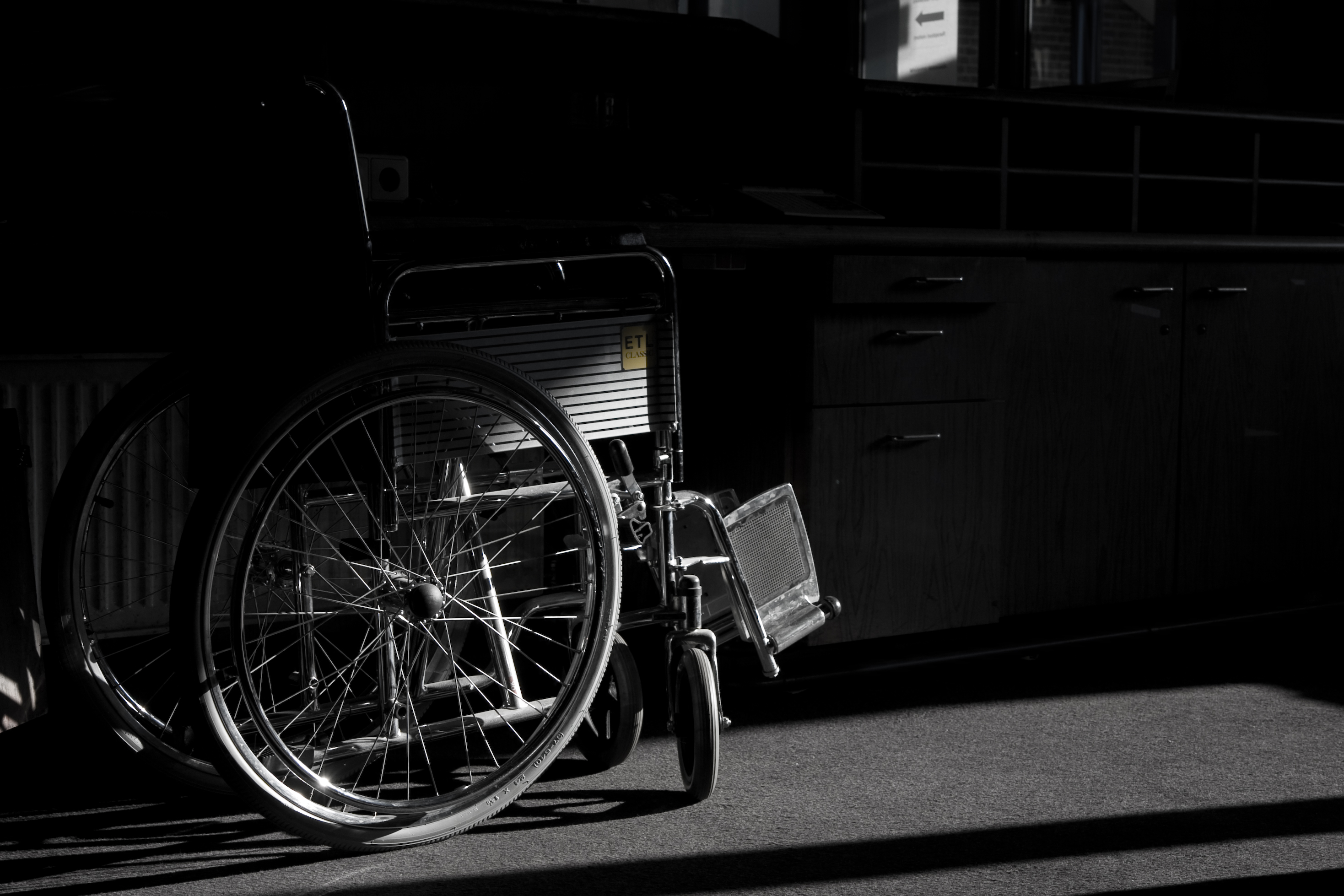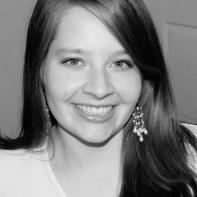
When I wake up, at first I don’t remember—still in the fog of some delicious dream. But when I stretch my arms, there is no equivalent stretching of legs or toes; rather, I must lift my paralyzed limbs with my hands, placing my heels firmly on the footplate of my wheelchair, reminded once again that I am disabled.
This is a reality I cannot escape as I roll into the kitchen, propelling myself in this wheeled contraption that permits me some semblance of a normal existence. There awaits my cat, a creature so nimble he is able to hop on top of the fridge in two successive leaps, while I merely watch. Sitting. Always sitting.
My God, I think, I can’t walk.
I am forced to realize this again and again, as though I were in a real-life version of Groundhog Day or that one episode of every science fiction show that ever existed—you know the one. And as the new day’s sun reveals the tragic truth of my tragic situation, my only (admittedly still tragic) consolation is what a big damn hero I am.
Annnnd…scene.
I’m having fun with you. The truth is, dear reader, my disability is probably much more dramatic to you than it is to me. Perhaps you were even sucked in by the first paragraph, believing that’s really how I wake up each morning.
And thus begins another day as a disabled person…le sigh.
For me, the entire thing is a farce. Spending nearly 25 years in a wheelchair has given the concept some time to grow on me. I wake up, not regretting the shocking reality of my disability so much as regretting the shocking reality that it’s already time to get up for work.
In graduate school, I wrote a humorous essay about the perks of being disabled (sweet parking, no wait for roller coasters, being carried up and down stairs by strapping young gentlemen—you get the idea). But when my classmates read this piece, many mentioned its powerful, underlying pain. Another peer even told me of a friend whose mother committed suicide, and how her friend tried to make jokes to cover up the pain of such a tragedy and although she was no therapist, mightn’t I be doing the same thing?
When I reflected on these comments, I realized I wasn’t the one typecasting disability as painful. As a writer, though, this simple fact of my person is one that comes with a lot of baggage. The words ‘disability’ or ‘wheelchair’ or ‘car accident’ seem necessarily to imply ‘tragedy’ to many readers. Certainly, there are moments of my life that have felt tragic—that I have openly characterized as such—but I’ve found tragedy to be fairly unsustainable for long periods of time. It is not the whole, ongoing, or even most important truth of my life.
Being paralyzed is also enlightening and hilarious and, for me, completely normal. And yet, too often, my normal days and my normal life are read as tragic days and as a tragic life because it’s too hard to fathom that a differently functioning body isn’t also an inherently worse body.
I’m still learning when and how to divulge my disability in writing. I know that such a revelation may color everything else I say, preoccupying my readers with what happened and when, wondering if I’ve recovered psychologically, wondering if they themselves would even be able to get out of bed in the morning if it happened to them. Or maybe just wondering whether or not my arms ever get tired. The simple truth is that disability has affected many aspects of my life, but often not in the ways you would think. And so I’m trying to learn how to communicate the different facets of disability that have nothing to do with tragedy. Or to show that sometimes, my wheelchair is merely a footnote to another story I’m trying to tell, as pertinent as my blue eyes or my long brown hair.
Oh, and for the record, until my consciousness is transplanted into a robot dragon’s body and I become Mecha-Ashley, my arms do get tired.
Tragically tired 😉
 As a person who uses a wheelchair, there are a lot of strangers who take great pains to acknowledge my bravery. You know, for having the fortitude to keep on rollin’. I simply smile and thank them, and maybe laugh a little to myself. But the truth is, I want them to be right. Bravery, it would seem, ought to be pretty standard issue for a person who considers herself a writer of memoir.
As a person who uses a wheelchair, there are a lot of strangers who take great pains to acknowledge my bravery. You know, for having the fortitude to keep on rollin’. I simply smile and thank them, and maybe laugh a little to myself. But the truth is, I want them to be right. Bravery, it would seem, ought to be pretty standard issue for a person who considers herself a writer of memoir.